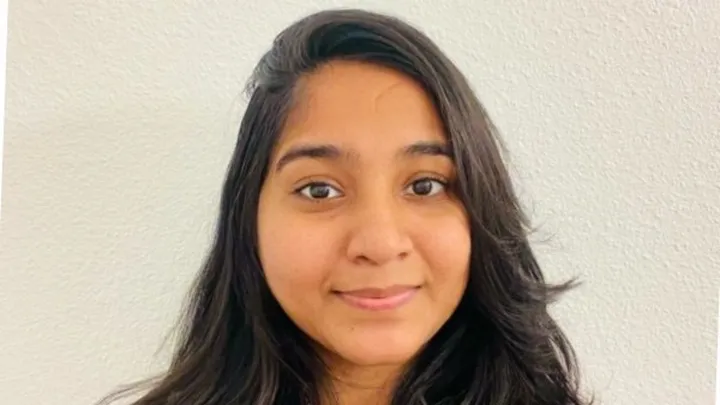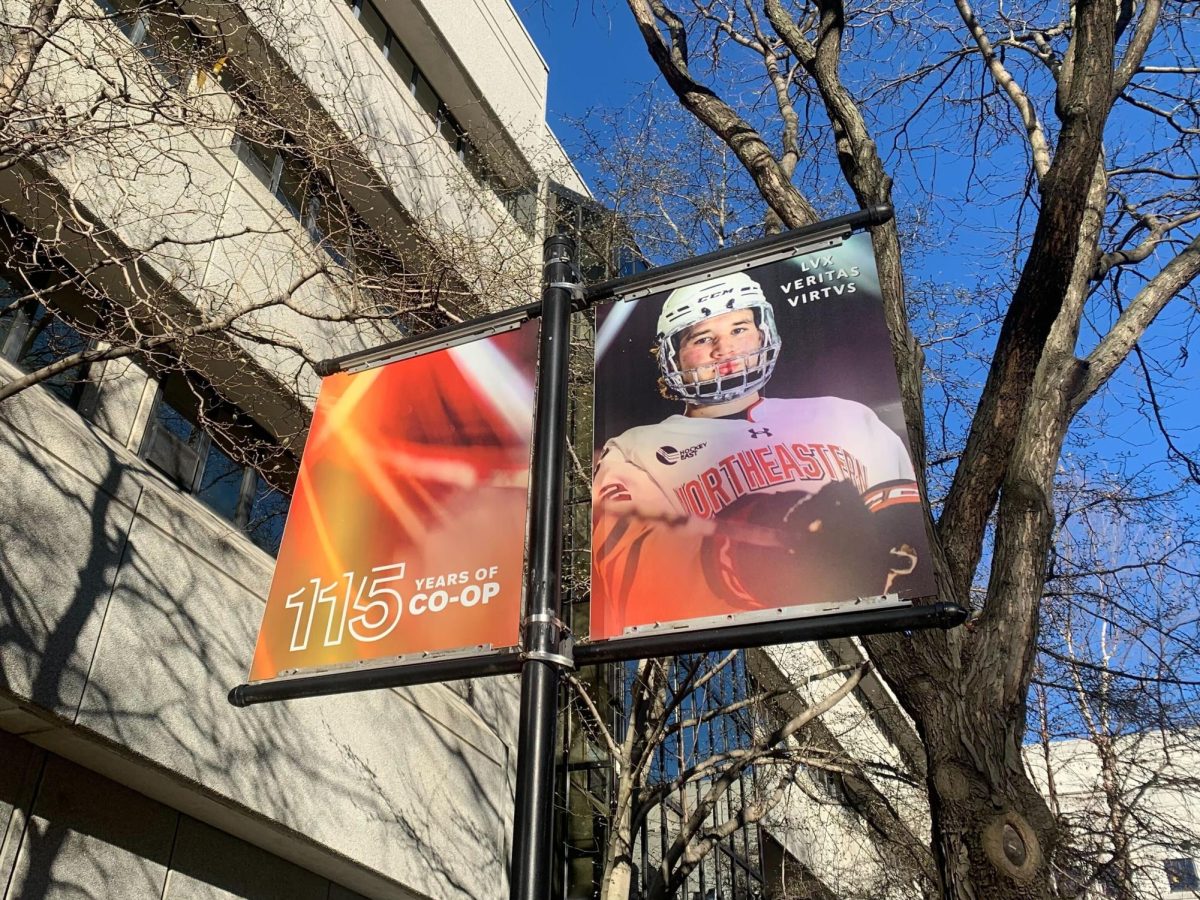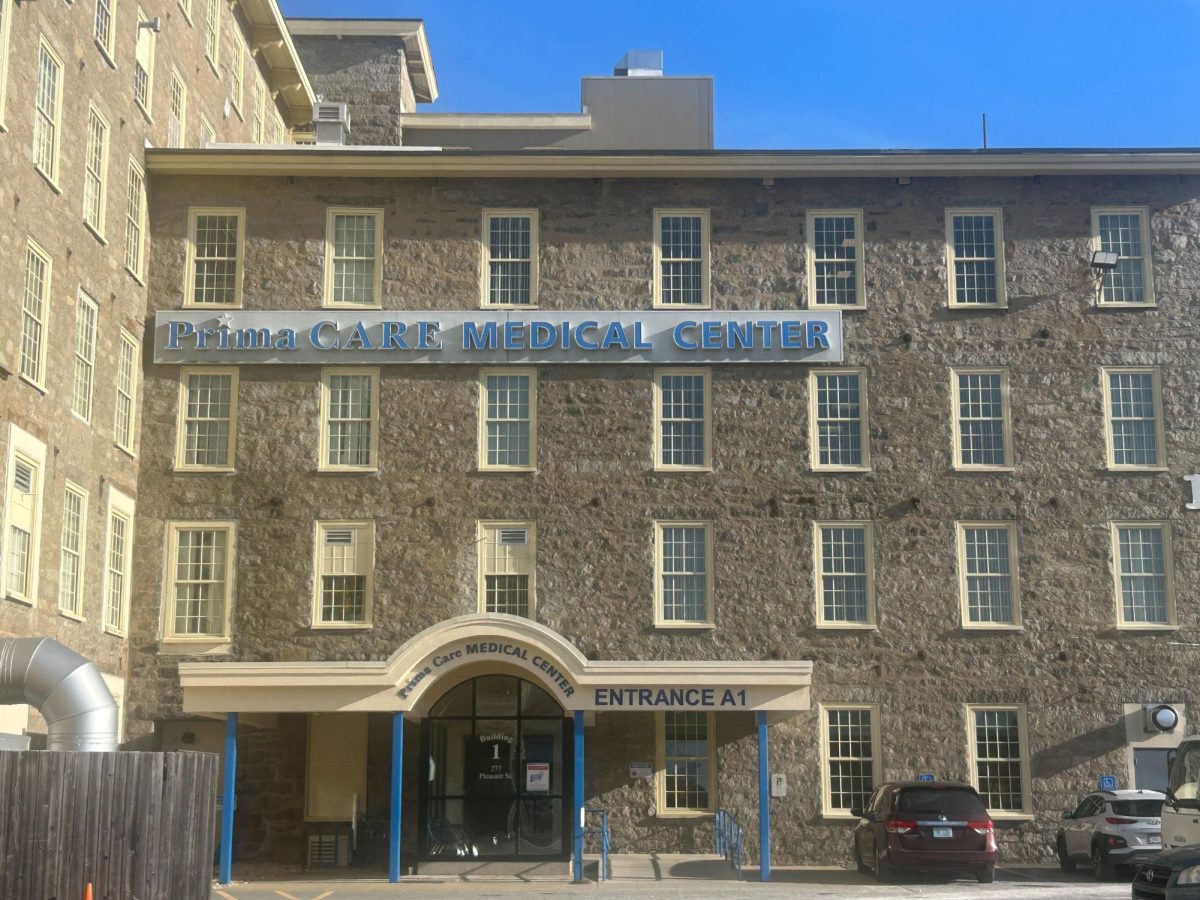By Nicole Haley
When Pam Mabrouk was in high school, she thought she could feed the world with soybeans.
With the encouragement of her father, a scientist who was working on space food development, Mabrouk, currently an associate professor of chemistry at Northeastern, developed a meat-flavored extract and fed her soybean sausage to fellow students in her high school home economics class. The experiment won her first place in the Massachusetts State Science Fair.
Mabrouk said the trust she was given from her high school teachers and her father as an aspiring scientist and the way her mentors nurtured her creativity gave her feelings of empowerment that she tries to recreate in her classroom and her laboratory. Her dedication and enthusiasm won her the 2003 Massachusetts Professor of the Year Award.
“I really feel my students deserve the award – they’re the greatest teachers – and they’ve taught me so much,” Mabrouk said.
Mabrouk graduated from Wellesley College in 1982 and then earned her Ph.D. at the Massachusetts Technical Institute. She came to Northeastern in 1990.
The Council for Advancement and Support of Education developed the Professors of the Year program in 1981. Mabrouk was chosen from about 400 professors throughout the United States who were nominated for the award by collegues and students.
By combining lessons in the classroom with real experiments in the laboratory, Mabrouk embraces the concept of practice-oriented education. In the past, participants in her labs and undergraduate research have included high school students and undergraduates from different universities around Boston.
Mabrouk often helps a student to participate in a research project by applying for grants from the National Science Foundation to pay for laboratory materials and expenses. Mabrouk said she enjoys working alongside students of different levels of education and in varying disciplines because each person brings some unique knowledge to an experiment.
“I can teach the student about what I know and they’re in part being a mentor to me,” Mabrouk said.
Jacqueline Placette, a junior biomedical physics major, was in Mabrouk’s analytical chemistry class and now works with her as a research associate in the laboratory.
Placette said Mabrouk showed much extra effort in her teaching, particularly by stopping in to check on students during labs when many chemistry professors leave that to their teaching assistants.
“She would come in from time to time and explain why we were doing the labs and how they relate to co-op and real lab experience,” Placette said.
Professor David Forsyth of the chemistry department nominated Mabrouk for the honor. Forsyth said Mabrouk is well published in the area of chemical education and she offers a good education in the classroom as well as the laboratory.
“She has shown a remarkable ability to work with students ranging from high school to undergraduate to post graduates. All of them work in the laboratory and they all seem to work together well,” Forsyth said.
Mabrouk said she particularly enjoys working with students in undergraduate research programs because “you don’t get the same product from the classroom.”
Observing that many students do not know about the opportunities of research or do not have the confidence to seek them out, she said she would often look for students that she thinks will benefit from participating in a research project. In the 1999-00 academic year, Mabrouk conducted a national survey with a student in order to determine how to make a successful undergraduate research program. With another student, Mabrouk later conducted a similar study from the faculty perspective.
Kerline Lorantin, a junior biomedical physics major, said when she found out about Mabrouk’s honor, she regretted not having been one of the people to nominate her.
“The first day I walked into her class, I was in awe of her dedication to her students. She always gives 200 percent of herself to her students, you can’t help but want to work hard in her class,” Lorantin said.








